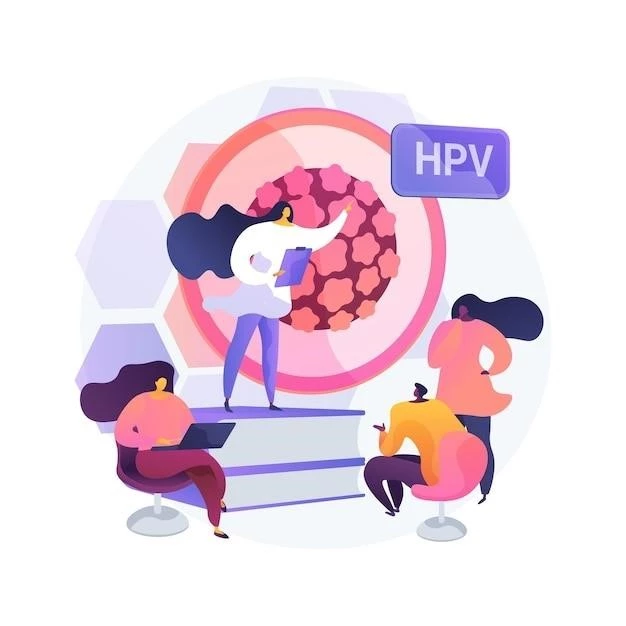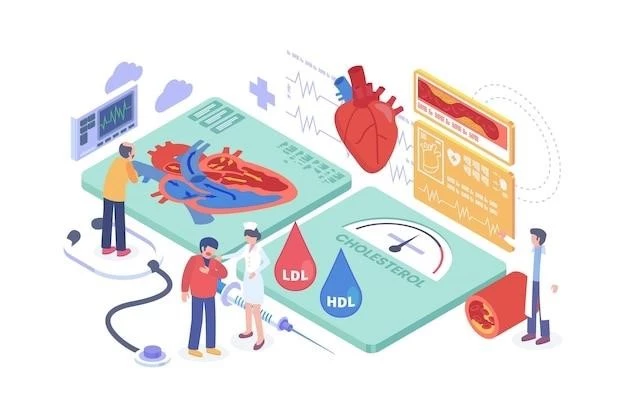Symptoms of Progressive Familial Intrahepatic Cholestasis 3
Specific symptoms of Progressive Familial Intrahepatic Cholestasis 3 can vary․
Overview of Symptoms
Common symptoms include jaundice, itching, pale stools, and slow growth in infants․ Children may experience fatigue, poor weight gain, and enlarged liver and spleen․ In advanced stages, complications like liver failure can occur․
Treatment Options for Progressive Familial Intrahepatic Cholestasis 3
Effective treatments aim to manage symptoms and slow disease progression․
Medications
Medications like ursodeoxycholic acid may help manage symptoms and improve liver function․ Fat-soluble vitamin supplements are often recommended to combat potential deficiencies due to poor bile flow․
Surgical Interventions
In some cases, liver transplantation may be necessary for individuals with progressive familial intrahepatic cholestasis 3 to improve liver function and overall health․ This procedure involves replacing the diseased liver with a healthy donor liver․
Understanding the Genetics of Progressive Familial Intrahepatic Cholestasis 3
Inherited genetic mutations cause progressive familial intrahepatic cholestasis 3․
Genetic Mutations
Genetic mutations in genes such as ABCB4 or ABCB11 lead to impaired bile flow, resulting in the symptoms of progressive familial intrahepatic cholestasis 3․ Understanding these mutations is crucial for diagnosis and treatment decisions․
Lifestyle Management for Progressive Familial Intrahepatic Cholestasis 3
A tailored diet and regular physical activity are essential for managing the condition․
Dietary Recommendations
A low-fat, high-calorie diet with medium-chain triglycerides can aid nutrient absorption․ Avoiding foods high in cholesterol and vitamin-rich supplementation are often advised to support liver health in progressive familial intrahepatic cholestasis 3․
Physical Activity
Regular physical activity benefits overall health and can improve energy levels in individuals with progressive familial intrahepatic cholestasis 3․ Consult healthcare providers to determine suitable exercise routines based on individual capabilities and limitations․
Research Updates on Progressive Familial Intrahepatic Cholestasis 3
Ongoing studies aim to enhance understanding and develop new treatments for the condition․
Current Studies
Current research focuses on identifying novel therapeutic targets and potential genetic modifiers for progressive familial intrahepatic cholestasis 3․ Clinical trials are investigating innovative approaches to improve outcomes and quality of life for affected individuals․
Complications of Progressive Familial Intrahepatic Cholestasis 3
Potential complications may include liver failure and nutrient deficiencies․
Complications
As the disease progresses, complications such as liver cirrhosis, portal hypertension, and bile duct proliferation may arise․ Monitoring and management are critical to address these complications effectively in progressive familial intrahepatic cholestasis 3․
Diagnosis of Progressive Familial Intrahepatic Cholestasis 3
Diagnostic tests and genetic analysis are key for confirming the condition․
Diagnostic Tests
Diagnostic tests such as blood work, liver function tests, imaging studies like ultrasounds and MRIs, and genetic testing play a crucial role in confirming progressive familial intrahepatic cholestasis 3․ Early and accurate diagnosis is essential for appropriate management․

Support Resources for Progressive Familial Intrahepatic Cholestasis 3
Connect with patient organizations for valuable support and community resources․
Patient Organizations
Joining patient organizations dedicated to progressive familial intrahepatic cholestasis 3 can provide valuable support, educational materials, advocacy resources, and opportunities to connect with others facing similar challenges․
